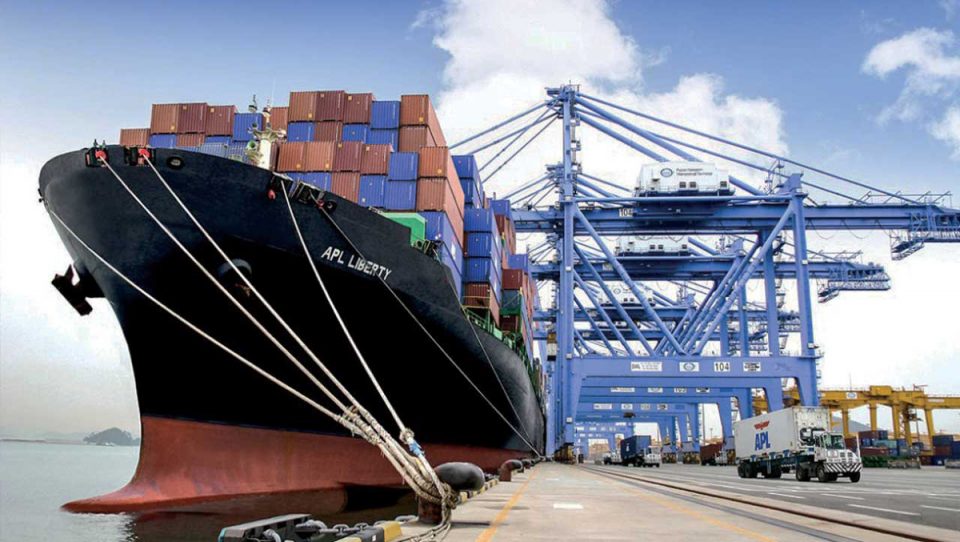Africa and the Middle East experienced negative growth in the volume of exports for the past two years.
According to a report titled, ‘Review of Maritime Transport 2020,’ both continents experienced a negative growth of 5.2 per cent in 2020, compared to a negative growth of 3.9 per cent experienced by both regions in 2019.
The report prepared by the United Nations Conference on Trade and Development said the only positive growth recorded by Africa and the Middle East in export volume was in 2018 at one per cent.
It established the Asian continent as the most resourceful continent, maximising the best of maritime trade.
The report read, “The contribution of developing America and Africa to maritime trade flows remained marginal. In comparison, and as previously noted, Asia has benefited from a greater integration into global manufacturing and trading networks, promoting intraregional trade.
“Capitalising on the fragmentation of globalised production processes, Asia has become a maritime hub that brings together over 50 per cent of global maritime trade volumes.”
For 2019, the report noted that Africa achieved 6.9 per cent of loaded goods, compared to America’s 12.5 per cent and Asia’s 38.5. In terms of crude oil, Africa contributed 15.8 per cent and five per cent for dry cargo.
For the category of unloaded goods, Africa achieved 1.9 per cent for crude oil and 4.7 for dry cargo globally. In this segment, Asia achieved 50.7 per cent in crude oil for goods unloaded and 57.3 per cent for dry cargo.
The report explained that the drop in trade in 2020 was fuelled by the COVID-19 pandemic which resulted in a gloomy outlook in the previous year.
The report read, “Growth in international maritime trade stalled in 2019, reaching its lowest level since the global financial crisis of 2008–2009.
“Lingering trade tensions and high policy uncertainty undermined growth in global economic output and merchandise trade and by extension, maritime trade.”
It added, “While initial expectations were that 2020 would bring moderate improvements in the economy and trade, the unprecedented global health and economic crisis triggered by the COVID-19 pandemic severely affected the outlook.
“The fallout on maritime transport and trade was dramatic, with all economic indicators pointing downward.
“Taking into account the prevailing and persistent uncertainty, UNCTAD estimates that the volume of international maritime trade will fall by 4.1 per cent in 2020.”
The report, however, explained that maritime trade would recover by 4.8 per cent in 2021 as many factors could affect the outlook.
It said, “Predicting the timing and scale of the recovery is also challenging, as many factors can significantly influence the outlook. Bearing this in mind, UNCTAD projections indicate that maritime trade will recover in 2021 and expand by 4.8 per cent.”
It, however, advised stakeholders to adopt risk assessment and management, as well as resilience-building to pull through in 2021




